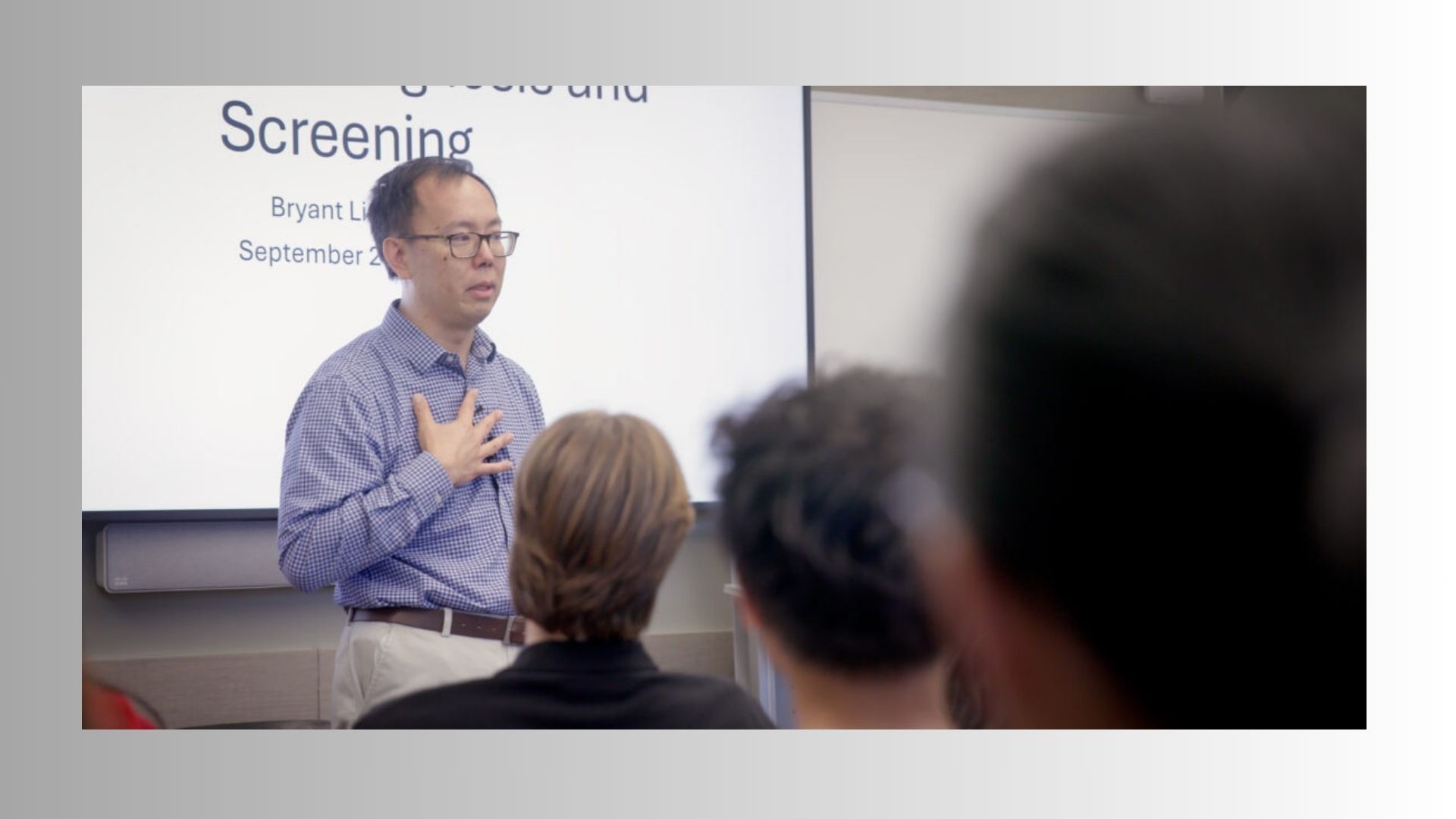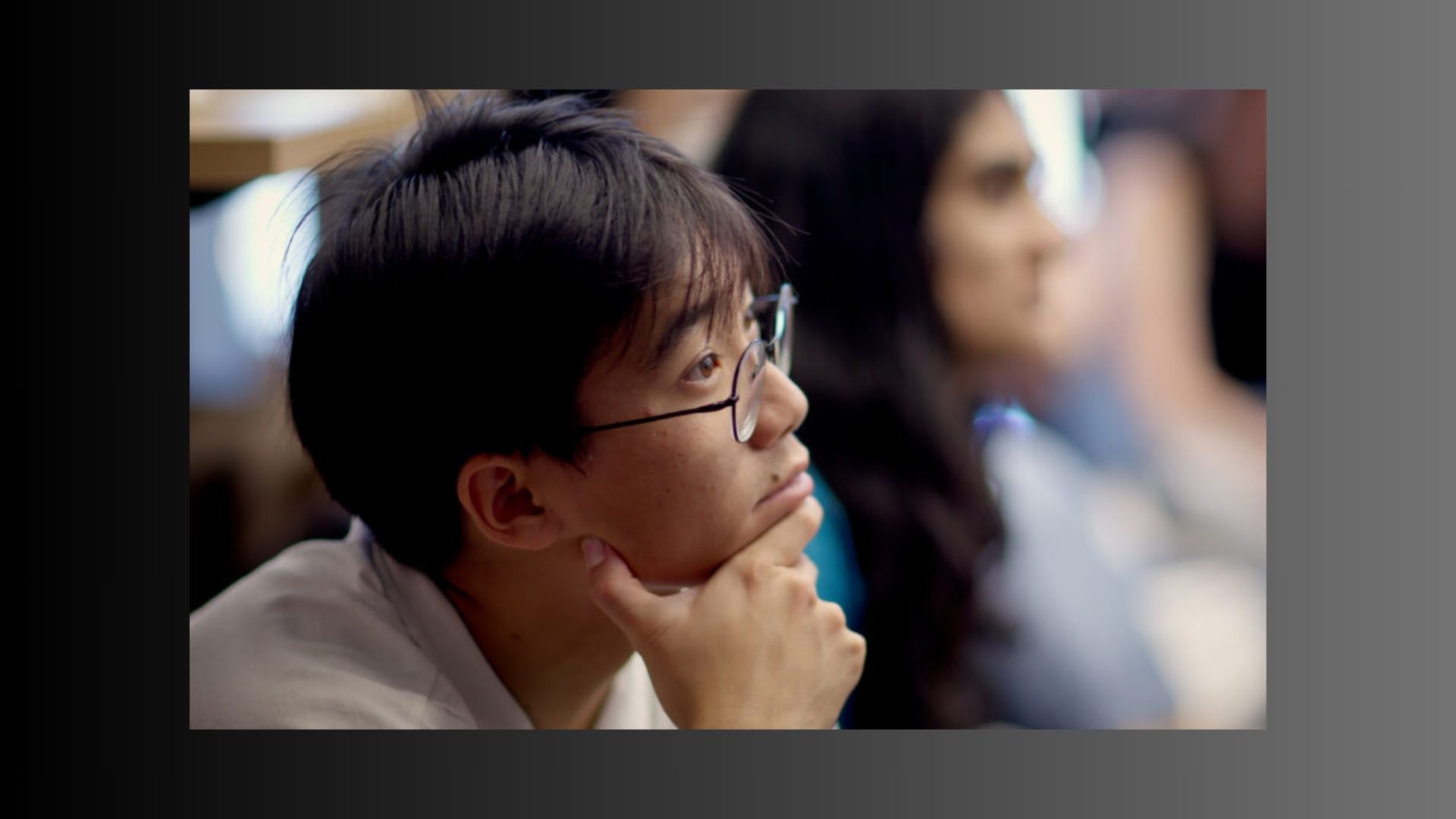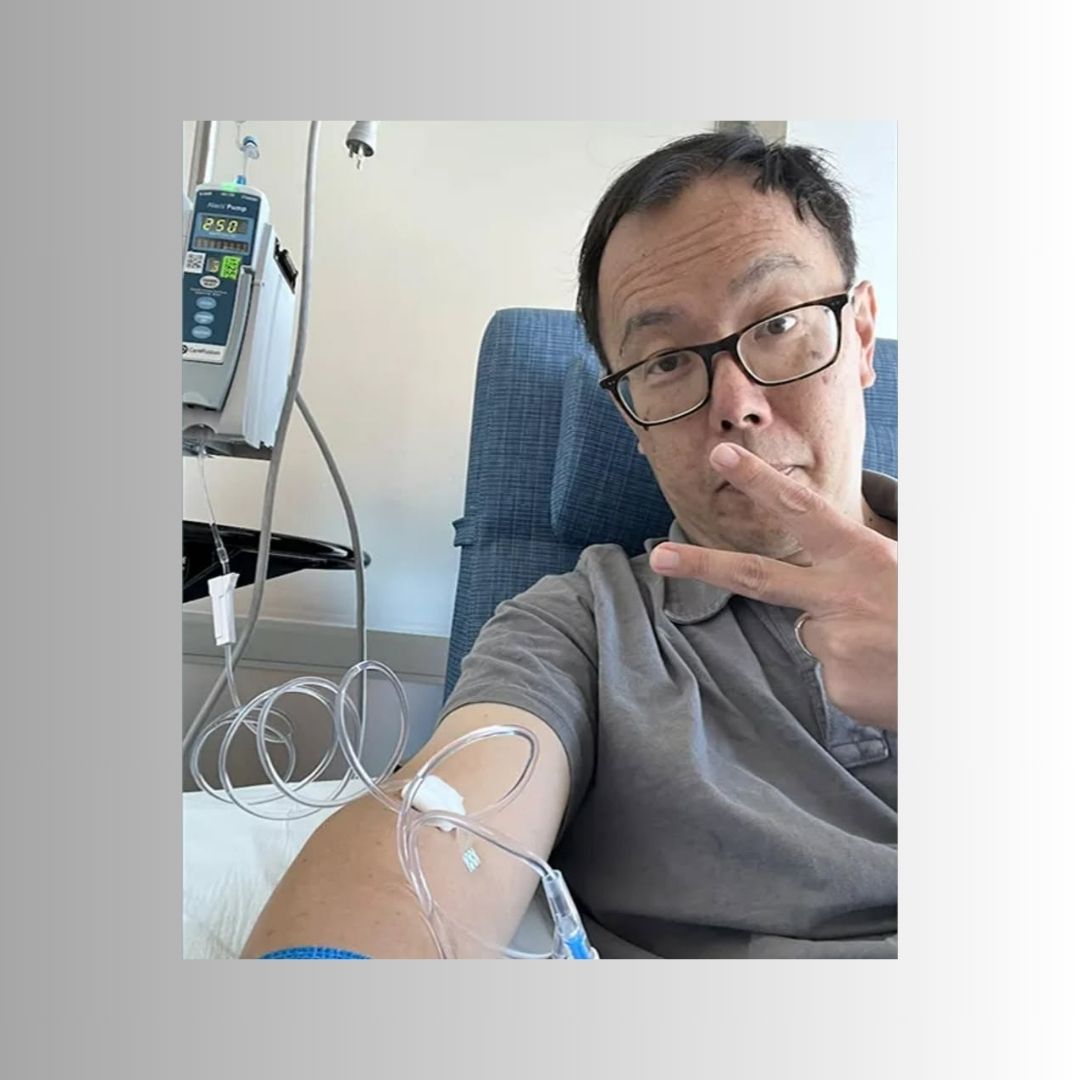As a respected professor at Stanford University, Dr. Bryant Lin has dedicated his career to improving health care, particularly for the Asian-American community. But in May 2024, when he was diagnosed with Stage 4 non-smoker's lung cancer, he found himself on the other side of the medical system—as a patient.
Rather than let the devastating diagnosis defeat him, Dr. Lin decided to use his personal experience to inspire and educate the next generation of healthcare providers. Within just weeks, he launched a groundbreaking course at Stanford titled "Living with Serious Illness: A Patient's Perspective." The course quickly gained a waitlist, attracting not only medical students but also undergraduates and graduate students from diverse backgrounds.
(We invite you to listen to the entire interview between Crystal Thornton and Dr. Bryant Lin in the Podcast below)

In an interview with K-LOVE's Crystal Thornton, Dr. Lin shared his vision for the class. "I had two goals," he explained. "The first was to encourage students to consider cancer research, cancer care, or integrating cancer care into their primary care practice. The second was to share my perspective—as both a doctor and a patient—to give them an uncommon but crucial viewpoint."
Dr. Lin's dual role as both a physician and a cancer patient allowed him to offer students a unique firsthand account of the challenges and emotional journey that come with a serious diagnosis. Rather than focus solely on medical facts, he dedicated half the course to the human side of illness—covering topics such as spiritual care, mental health, caregiving, and patient access to care.
"Less than 5% of your life is medical," Dr. Lin noted. "You're living your life—going to work, seeing family, doing the things you normally do. I wanted the experience to reflect that."
One particularly poignant moment in the course came when Dr. Lin shared a heartfelt letter he had received from a former patient who had since passed away. The letter expressed deep gratitude for the compassionate care Dr. Lin had provided, saying he had been treated "as you would your own father."
"That struck me so much," Dr. Lin reflected. "To know that somebody valued my interaction with them so deeply. He gave something to me, which I hold with me every day of my life. And I wanted to give something back."
Dr. Lin's optimism and determination to make the most of his situation have been a constant source of inspiration to his students. Despite the difficult prognosis, he has maintained an attitude of gratitude, focusing on all the "awesome things" in his life rather than dwelling on the bad.
"I've always been a happy, optimistic person. I was born that way to a certain degree," he shared. "But I think it comes from appreciation and gratitude. I reflect on my life even more now, about how thankful I am for everything I have and the experiences I've had."

This spirit of gratitude and hope has resonated powerfully with his students—and extended far beyond the classroom. After the course gained media attention, Dr. Lin was flooded with messages from people around the world affected by cancer, either as patients or caregivers. Many expressed profound gratitude for the inspiration and comfort his story provided.
"One very short email I got from someone in Canada said, 'Thank you, Dr. Lin, for this class. This is the first time in six weeks that I've cried since my father passed away,'" he recounted, visibly moved.
While Dr. Lin's medical journey remains uncertain, he is determined to continue living life to the fullest and spreading his message of optimism and hope. He credits his supportive wife and family, as well as his personal faith, for providing him strength and comfort throughout his battle with cancer. "I'm not a religious person, but I'm a spiritual person," he said. And Dr. Lin appreciates all who have made it known they are praying for him.

Dr. Lin's unwavering positivity and desire to help others have not gone unnoticed. His colleagues and students alike have been deeply inspired by his courage and resilience in the face of such a daunting diagnosis.
"You haven't taken a day off since your diagnosis," Crystal Thornton remarked during their conversation.
"Except for a planned vacation," Dr. Lin clarified with a smile.
As he continues to navigate the challenges of living with Stage 4 cancer, Dr. Lin remains steadfast in his mission to make the most of his circumstances and inspire others along the way. His story serves as a powerful reminder that even in the darkest of times, there is always a reason for hope—and an opportunity to touch the lives of those around us.
"When something bad happens—don't get me wrong, lung cancer sucks, and I wouldn't wish it on anybody—but you still have to live your life. You want to do good things," Dr. Lin said. "So this is part of my, 'Hey, something bad happened to me. I'm going to make the best out of it.'"
To learn more about The Center for Asian Health, you can go to asian health.stanford.edu. You can also Google Asian Health or Center for Asian Health Research and Education on YouTube.
